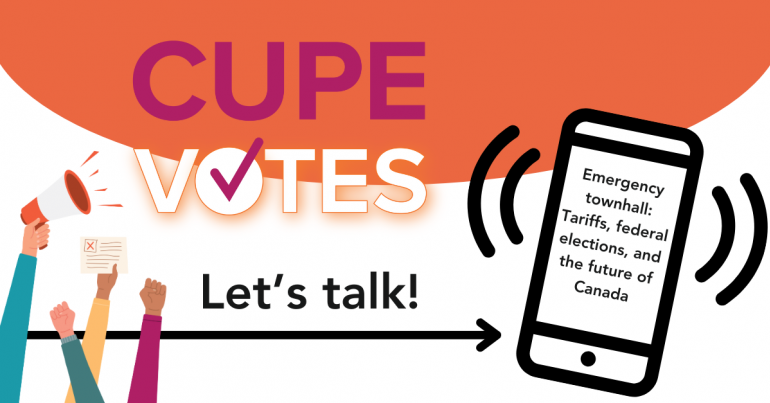 Communities across the country are already grappling with the impacts of our changing climate. Extreme weather events like flooding and forest fires are rapidly becoming the norm. Climate change threatens the prosperity and well-being of all Canadians, which is why we need to grow the economy, invest in tomorrow’s infrastructure and also dramatically reduce our current emissions—without leaving working people behind.
Communities across the country are already grappling with the impacts of our changing climate. Extreme weather events like flooding and forest fires are rapidly becoming the norm. Climate change threatens the prosperity and well-being of all Canadians, which is why we need to grow the economy, invest in tomorrow’s infrastructure and also dramatically reduce our current emissions—without leaving working people behind.
Why it matters
- Globally, we have a decade to significantly reduce our emissions, or face the catastrophic impacts of climate change.
- A recent federal government climate report indicates that Canada is warming twice as fast as the rest of the world and that this widespread warming is “effectively irreversible.”
- Communities affected by new extreme weather patterns need help adapting.
- Workers should not have to bear the cost of transitioning to a low carbon economy, or the increased risk in responding to extreme climate events.
How current policy is falling short
- Successive Conservative and Liberal governments have not had the courage to take action on climate change.
- Stephen Harper’s government removed protections for our air, water, and wildlife.
- Justin Trudeau failed to eliminate subsidies to the oil and gas sector, and instead locked them in for the next ten years. Total federal and provincial subsidies are approximately $3.3 billion annually.
- Trudeau’s government has failed to implement the United Nations Declaration on the Rights of Indigenous Peoples, especially the right to Free, Prior, and Informed Consent for fossil fuel infrastructure projects.
- While Trudeau’s government has made some incremental changes, such as bringing in a small carbon tax and making some investments in clean technology, overall their approach lacks the depth and urgency the situation requires. The government has also undermined its own climate message—like when it bought a stalled bitumen pipeline project for a staggering $4.5 billion.
What should be done
- Put a progressive price on carbon that enhances public services and environmental justice and doesn’t hurt lower-income, working and Indigenous peoples.
- Create good, green, unionized jobs, and ensure workers have the support and training they need to adapt and succeed as the economy and world of work transition to a new, greener economy.
- Make significant investments in public transit, renewable energy, and building retrofits, where possible using community benefit agreements to ensure investments meet the needs of local communities and reduce inequality rather than exacerbate it (e.g. low-income tenants are sometime evicted after landlords complete subsidized green retrofits).



